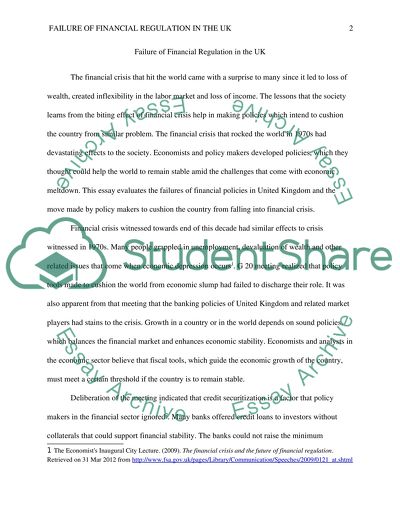Cite this document
(“Failure of Financial Regulation in the UK Essay”, n.d.)
Retrieved from https://studentshare.org/law/1446652-failure-of-financial-regulation-operate-in-the-uk
Retrieved from https://studentshare.org/law/1446652-failure-of-financial-regulation-operate-in-the-uk
(Failure of Financial Regulation in the UK Essay)
https://studentshare.org/law/1446652-failure-of-financial-regulation-operate-in-the-uk.
https://studentshare.org/law/1446652-failure-of-financial-regulation-operate-in-the-uk.
“Failure of Financial Regulation in the UK Essay”, n.d. https://studentshare.org/law/1446652-failure-of-financial-regulation-operate-in-the-uk.


